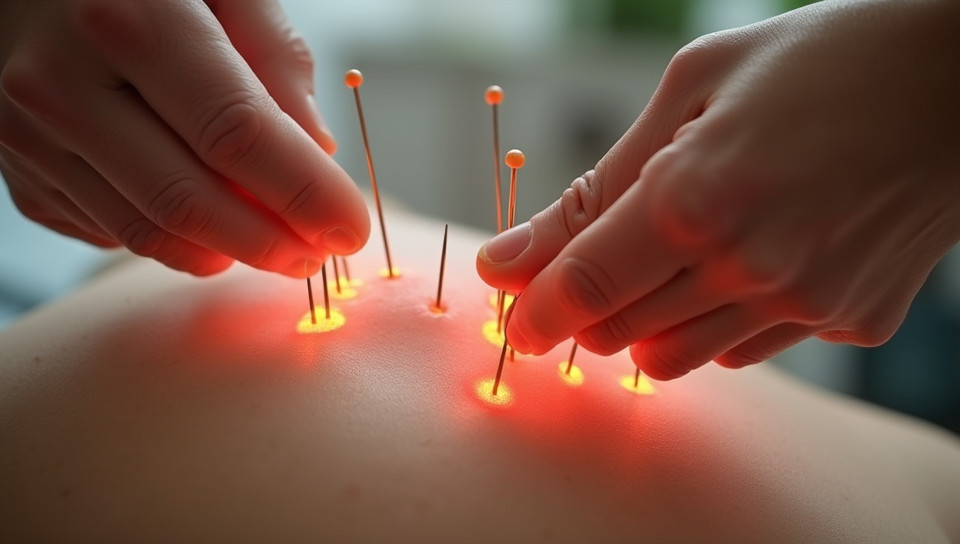Acupuncture reduces inflammation and improves immune function 71%

The Ancient Secret to Reducing Inflammation and Boosting Immunity
For centuries, acupuncture has been used in traditional Chinese medicine to treat a wide range of health conditions, from chronic pain to digestive issues. But did you know that this ancient practice can also have a profound impact on our immune system? By stimulating specific points on the body, acupuncture can reduce inflammation and improve immune function, leaving us stronger and healthier than ever.
The Science Behind Acupuncture
Acupuncture is based on the idea that the body has a network of energy pathways, or meridians, through which life force flows. By inserting fine needles into specific points along these meridians, acupuncture practitioners aim to restore balance to the flow of energy, promoting healing and wellness.
How Acupuncture Reduces Inflammation
Inflammation is a natural response to injury or infection, but chronic inflammation can lead to a host of health problems, including arthritis, diabetes, and heart disease. By reducing inflammation, acupuncture can help alleviate symptoms and improve overall health.
- Decreases production of pro-inflammatory cytokines
- Increases production of anti-inflammatory cytokines
- Stimulates release of endorphins, which reduce pain and promote relaxation
- Improves circulation, allowing for efficient removal of waste products
The Impact on Immune Function
A healthy immune system is crucial for fighting off infections and diseases. By improving immune function, acupuncture can help prevent illnesses and reduce the severity of symptoms when we do get sick.
Real-Life Examples and Studies
Numerous studies have demonstrated the effectiveness of acupuncture in reducing inflammation and improving immune function. For example:
- A study published in the Journal of Alternative and Complementary Medicine found that acupuncture significantly reduced inflammation and improved symptoms in patients with rheumatoid arthritis.
- Research conducted at the University of California, Los Angeles (UCLA) showed that acupuncture increased antibody production in patients with HIV/AIDS.
Conclusion
Acupuncture is a powerful tool for reducing inflammation and improving immune function. By harnessing the ancient wisdom of traditional Chinese medicine, we can tap into a natural solution to promote health and wellness. Whether you're looking to alleviate chronic pain, boost your energy levels, or simply feel more balanced and centered, acupuncture may be just what the doctor ordered.
- Created by: Andriy Savchenko
- Created at: Jan. 23, 2025, 3:37 p.m.
- ID: 18622

